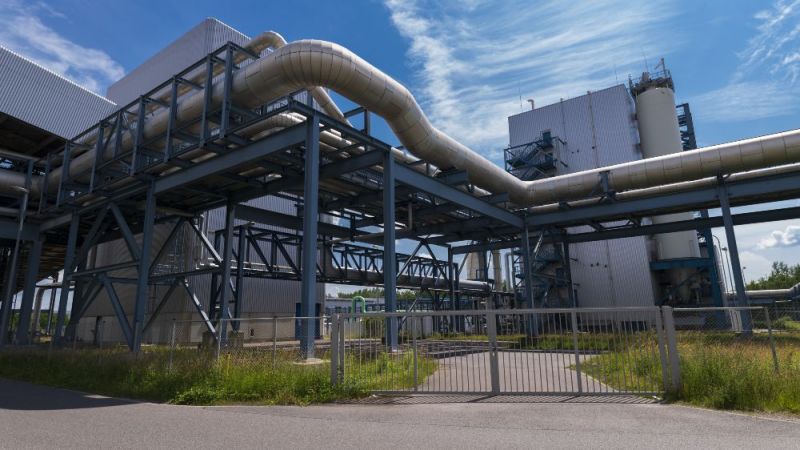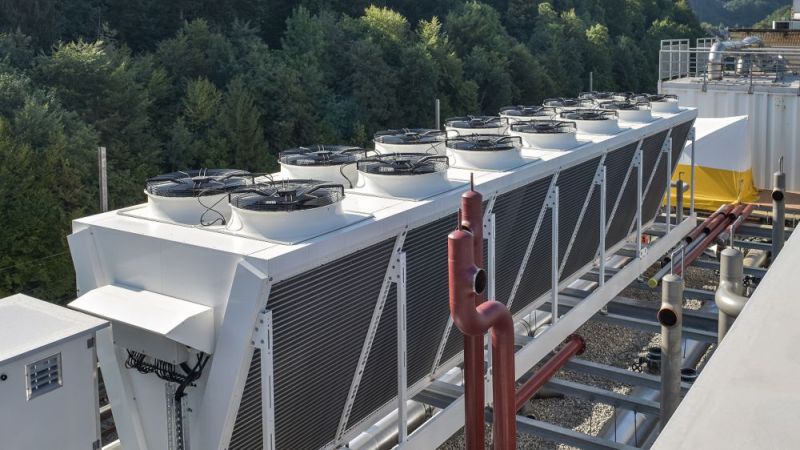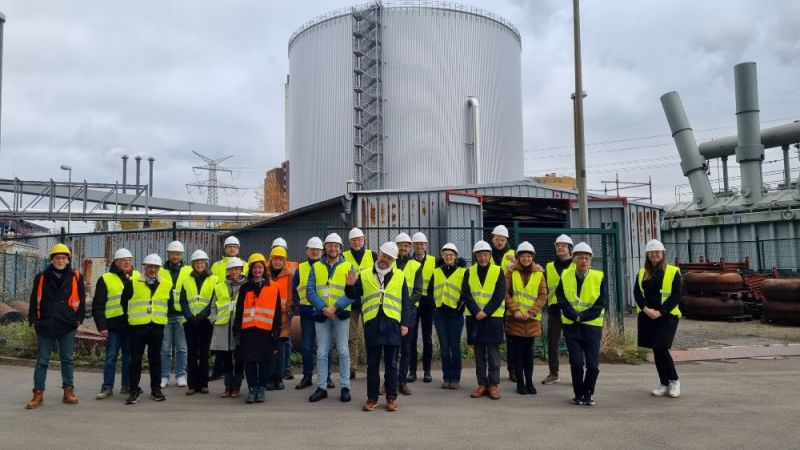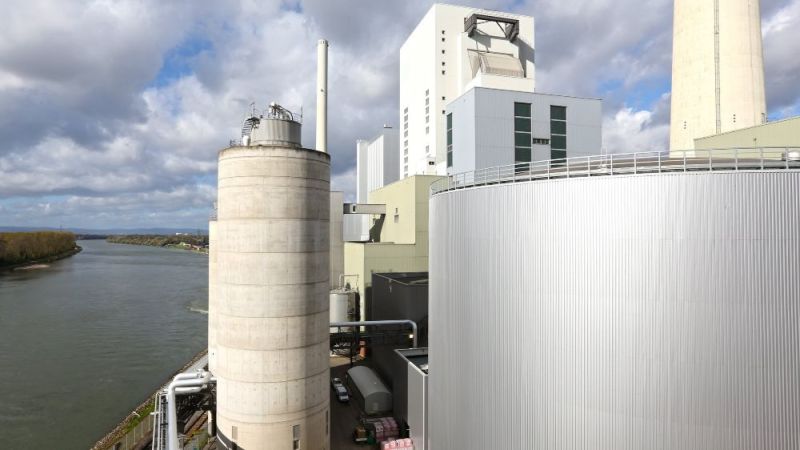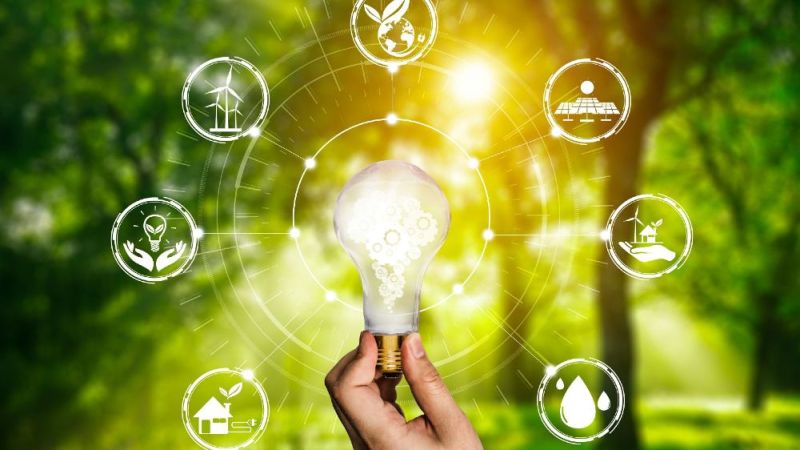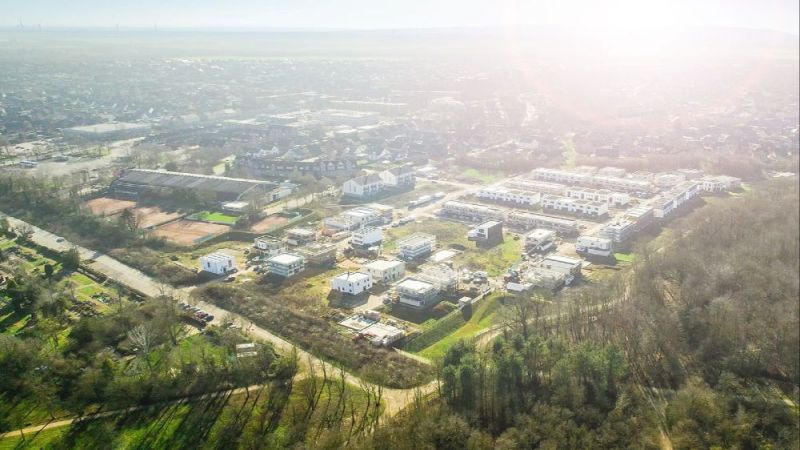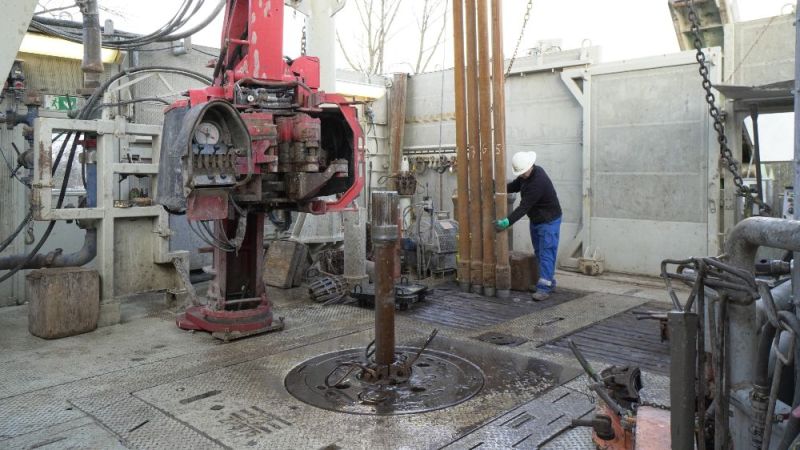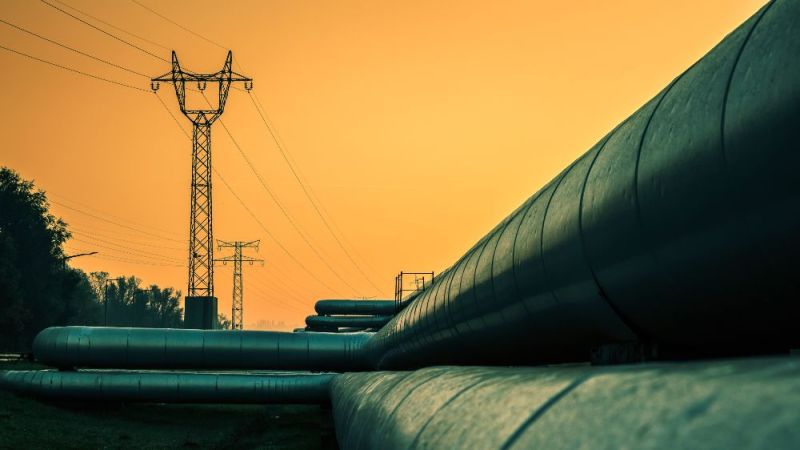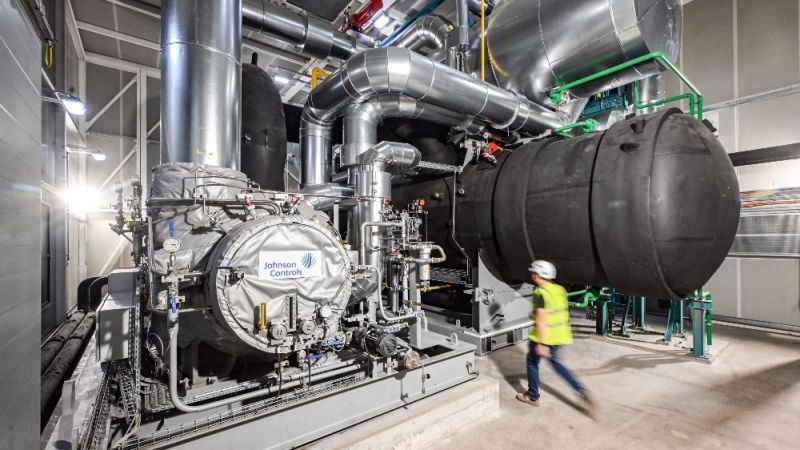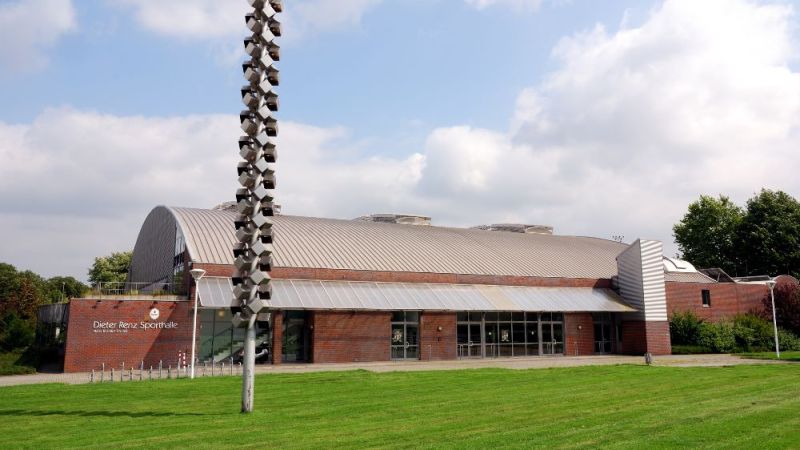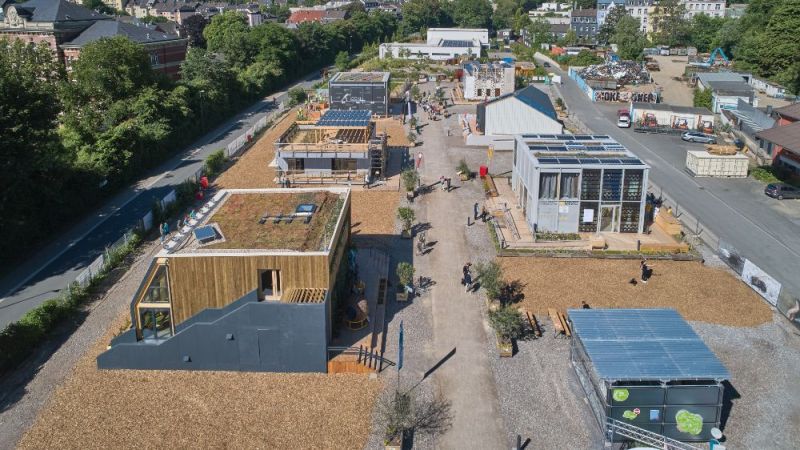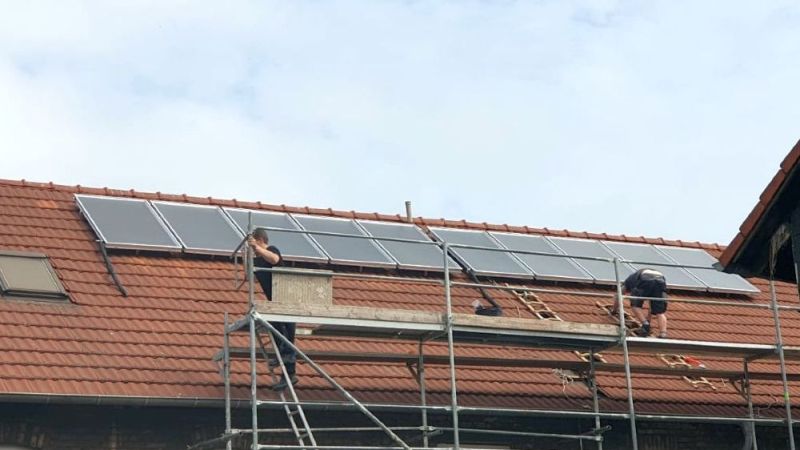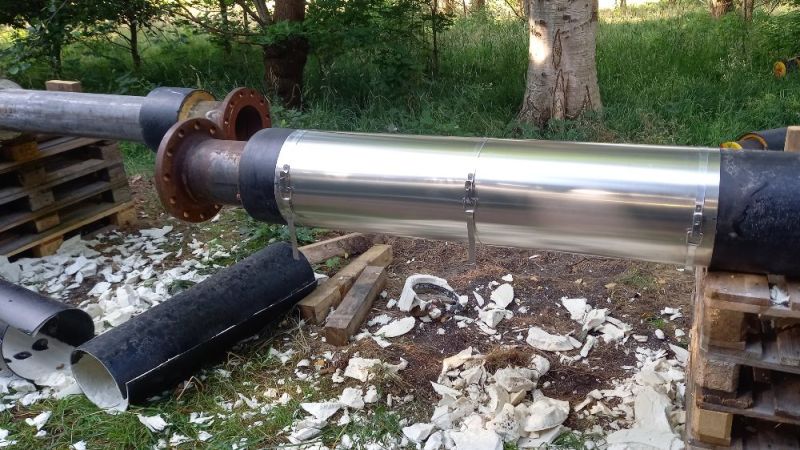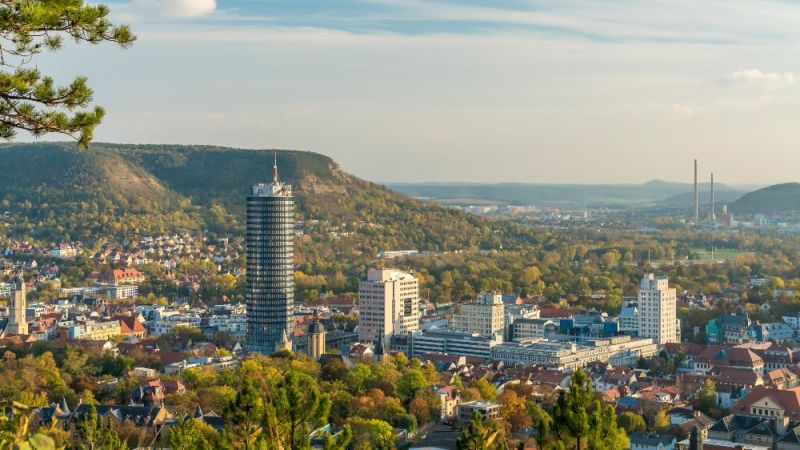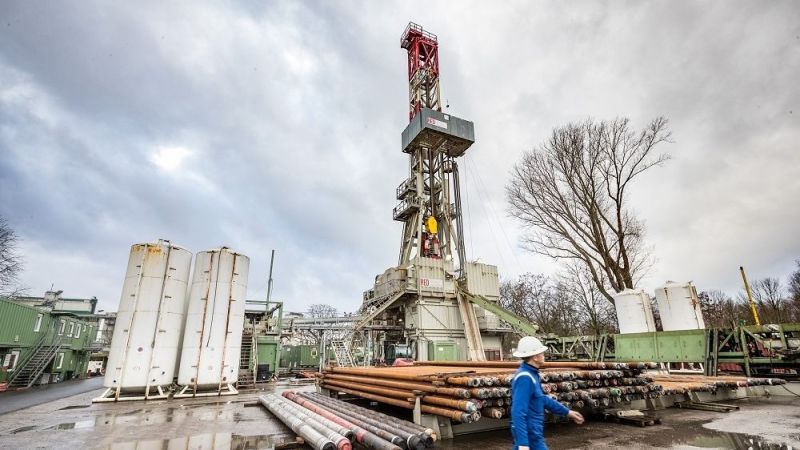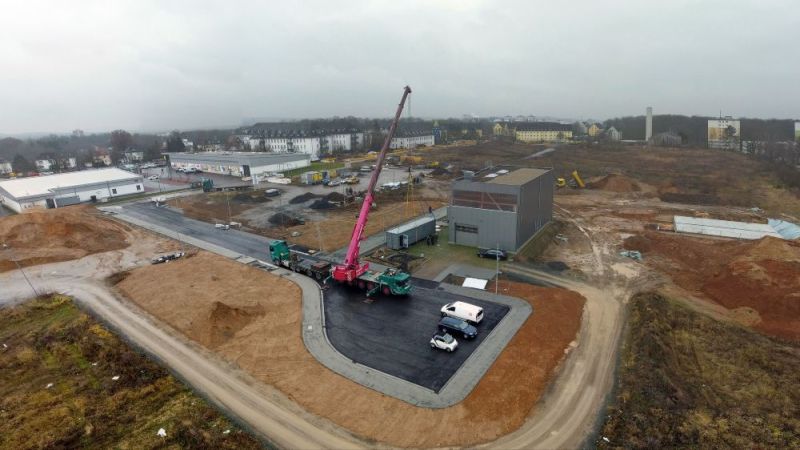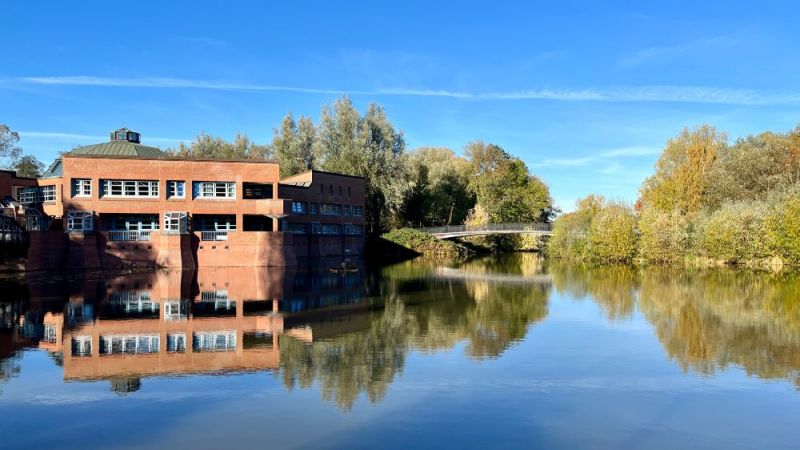
English Translation of Compendium Published
Lighthouse Projects Showcase Climate-friendly Solutions for Neighbourhoods of Smart Cities
The compendium deals with innovations and challenges of the energy transition in so-called "smart cities". A smart city is a city that uses innovative technologies to make its infrastructure and services more efficient, sustainable and liveable. The main objectives of such cities are to improve the quality of life for residents, use resources more efficiently and promote sustainable development.
Researchers have investigated how this can be achieved in the six lighthouse projects:
- Es_West_P2G2P: Climate-neutral urban district „Neue Weststadt“
- QUARREE100: Resilient, integrated and system-serving energy supply systems in existing urban quarters with full integration of renewable energies, Reallabor Rüsdorfer Kamp
- ZED: Demonstrating Zwickau’s Energy Transition
- ENaQ – Energetic Neighborhood Quarter
- PFAFF: Implementation of the real laboratory “PFAFF-Areal”
- STADTQUARTIER 2050
All projects were supported by the then Federal Ministry for Economic Affairs and Energy together with the Federal Ministry of Education and Research as part of the Solar Building/Energy-Efficient City funding initiative. For the first time, field reports from all six lighthouse projects compiled in detail in this compendium, have been translated into English. In this way, the knowledge gained is also accessible to interested parties internationally.
In addition to these best-practice examples, authors from various disciplines have written scientific articles on the topic of transforming cities and neighbourhoods. These deal not only with theoretical approaches, but also with application-oriented solutions.
The compendium "Innovations and challenges of the energy transition in smart city districts" is now available to download free of charge from the website of the academic publisher de Gruyter.


